Introduction to the Debate on Drone Use in Hunting
Pennsylvania state officials are deliberating a significant change in hunting regulations: the legalization of drones for tracking wounded deer.
This proposal, spurred by an incident involving drone use in Lancaster County, challenges existing laws designed to uphold fair hunting practices.
The Case That Sparked the Debate
The debate was ignited when Jomo Johnson, CEO of SMS Novel, reportedly faced Legal action for using his drone to assist a hunter in locating a downed deer.
The Pennsylvania Game Commission, upholding the current law, issued citations and seized Johnson’s drone, fueling a conversation about the use of modern technology in hunting.
Senator Coleman’s Stance for Change
State Sen. Jarrett Coleman advocates amending the law to permit drones in hunting, paralleling their use to that of blood-tracking dogs, which are currently allowed.
He argues for the ethical and responsible use of drones to recover game, especially when other methods fail.
His proposal, inspired by cases in states like Ohio where drone use is legal, aims to integrate technology into traditional hunting practices.
The Game Commission’s Perspective
The Game Commission maintains a cautious stance, emphasizing the principle of fair chase in hunting.
The commission’s spokesperson, Travis Lau, expresses concerns about the potential misuse of drones, which could disrupt the balance of Wildlife management and conservation efforts.
Mixed Reactions from the Hunting Community
The Pennsylvania Federation of Sportsmen and Conservationists has not officially commented on the matter, but past surveys indicate strong opposition to drone use among its members.
Hunters and conservationists are concerned that drones might be used for purposes beyond game recovery, potentially violating fair chase principles.
Finding a Balance: Technology and Tradition
David Heath of the Pennsylvania Drone Association recognizes the value of drones in locating wounded game, advocating for responsible use.
Collaborating with Sen. Coleman, Heath is working on legislation that includes safeguards to ensure drones are only used for recovery, not for scouting or disturbing wildlife.
Conclusion: The Future of Drone Use in Hunting
The ongoing debate in Pennsylvania reflects a broader conversation about integrating technology into traditional hunting practices.
While the Game Commission’s concerns about fair chase and wildlife conservation are valid, the potential benefits of drone use in specific scenarios, like recovering wounded game, are also compelling.
As the state navigates this issue, finding a balance between technological advancement and ethical hunting practices will be crucial.
The outcome of this discussion could set a precedent for other states and reshape the future of hunting regulations.


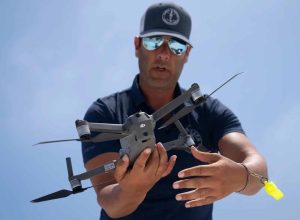
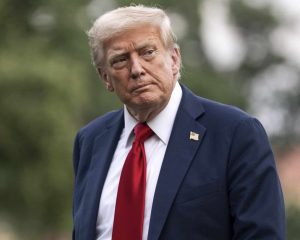
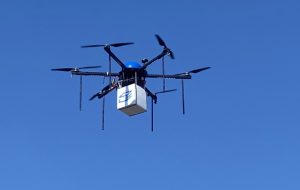

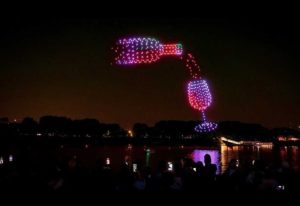
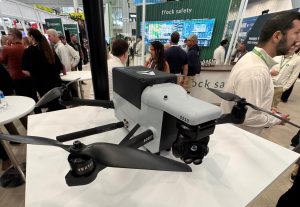

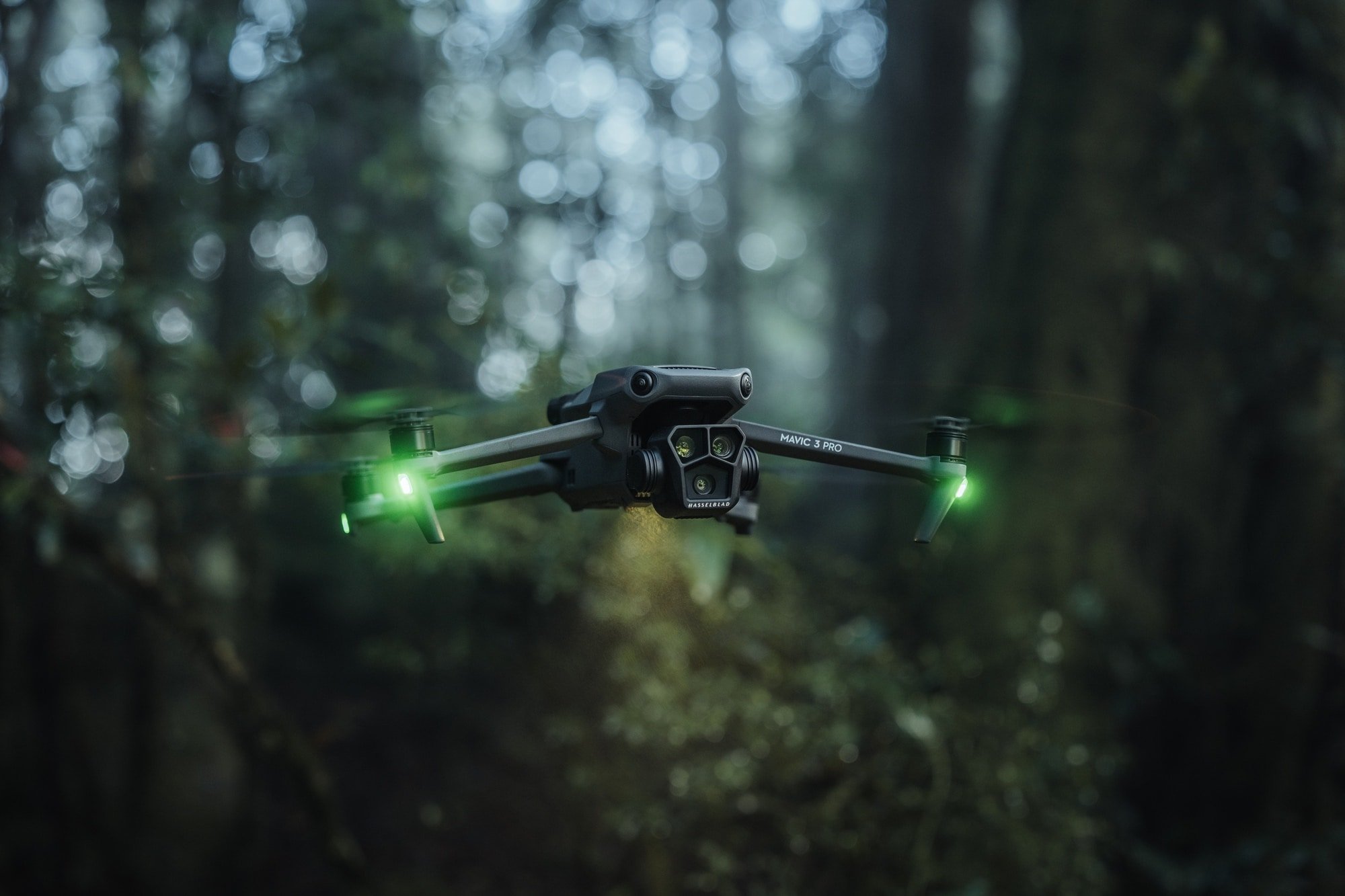


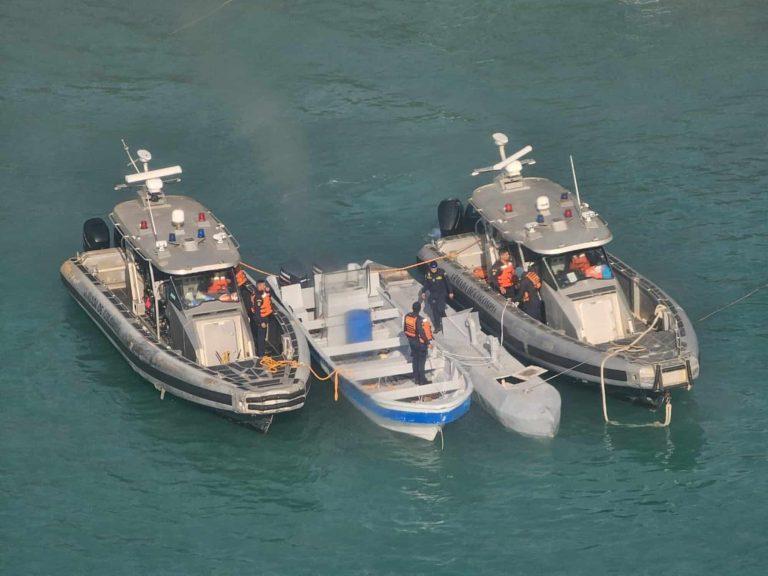
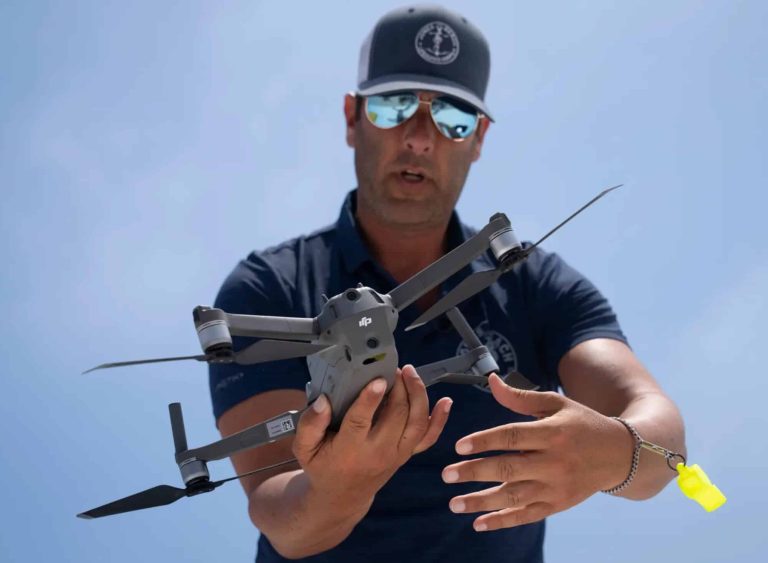

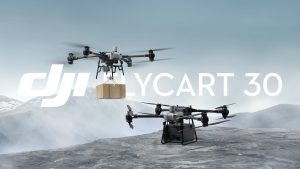
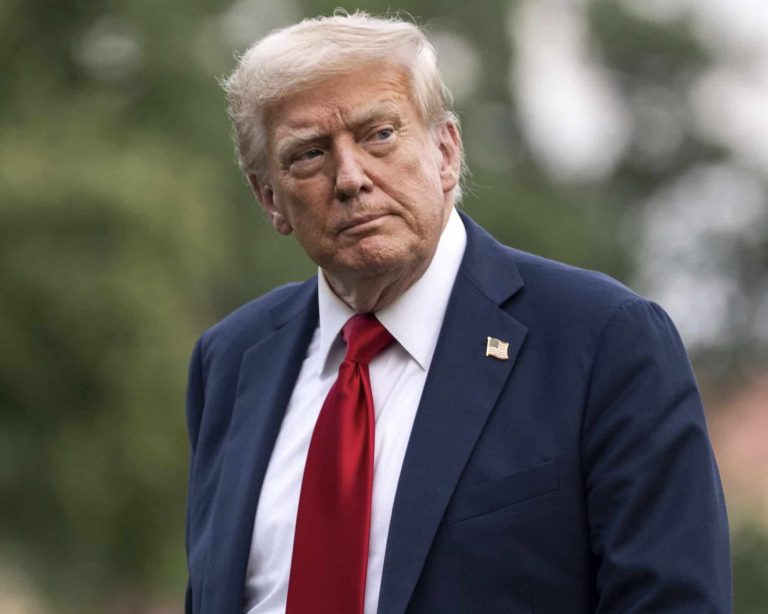
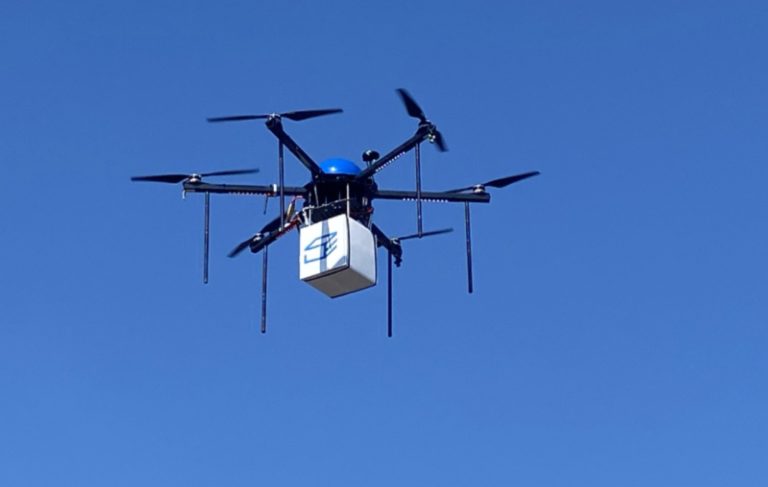

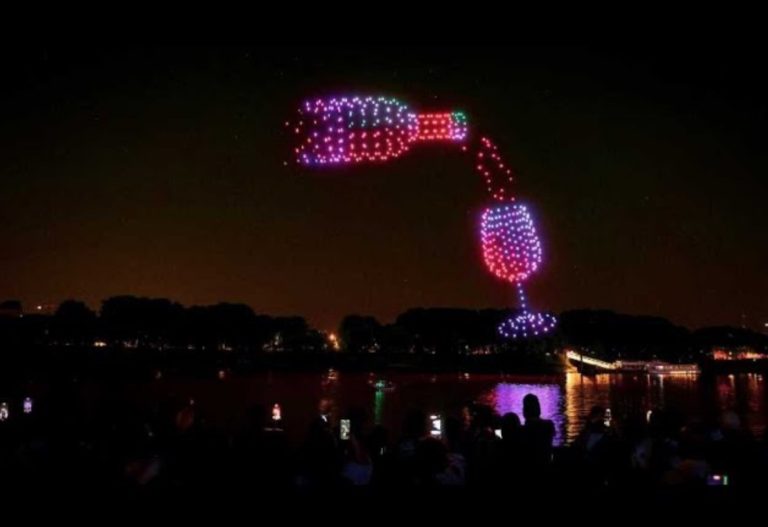
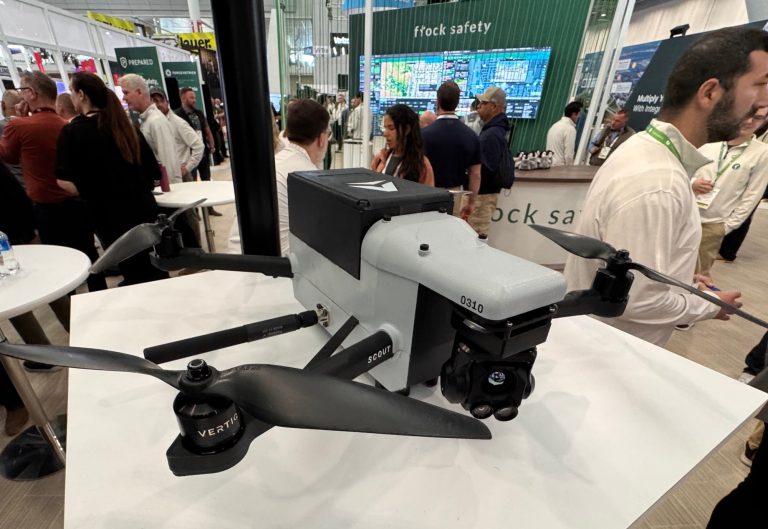
+ There are no comments
Add yours